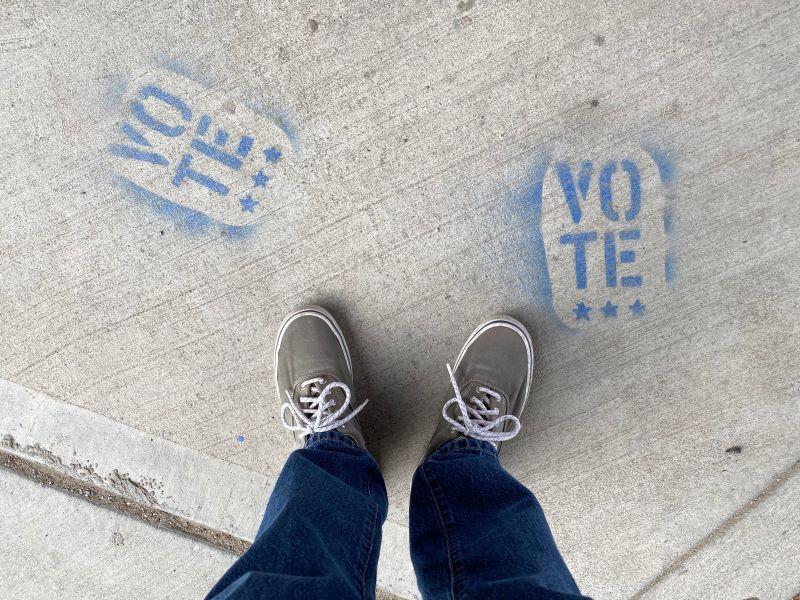A common value that undergirds higher education is one of advancing public good. This democratic value is at the core of why universities exist. With democracy often under threat, espousing such values requires living by example. Educators must prepare students to understand and participate in democratic societies as responsible global citizens. However, when we engage with students as assessors, we often feel called upon to play the part of an authoritarian and fail to embody democratic values.
- Equity, agency and transparency: making assessment work better for students and academics
- Education and grades are often in direct conflict – it’s time for a messy divorce
- So, you want to take the grades out of teaching? A beginner’s guide to ungrading
Drawing inspiration from Art Pearl’s democratic education principles and various scholar-practitioners’ democratic evaluation work, democratic assessment is inclusive, transparent, collaborative, and yet accountable. It calls for active participation of all involved in and impacted by assessment – our students and us. It centres what is good for all. Specifically, democratic assessment creates engaged and involved students and educators focused on public good through shared decision-making.
So, how can you be more democratic in your assessment practice? Below are five ways to begin.
1. Start with your own goals; focus on student learning outcomes
Align your goals with your institution’s purpose; affirm your commitment to democratic values and practice. These steps will help you reimagine your own teaching, curricula and assessment practices. Next, ensure your course learning outcomes include at least one on democratic thinking, civic engagement or advocacy. Explicitly share this learning outcome with your students. Show them how they can demonstrate it in and through their assessments. This will foster discourse as they engage with your curriculum, teaching and assessments. It will nurture students building the knowledge, skills, habits, behaviours and attitudes of being invested, civic-minded, democratic citizens.
2. Rethink your assessment design
Consider who is more likely to be successful in your assessments based on format, modality, expectations, instructions and so on. Is your assessment inclusive and culturally sensitive as well as responsive to the lived experiences of your students – especially those who are historically disenfranchised and marginalised? Focus your efforts to strengthen your assessment design by specifically considering the needs of the students “most likely to fail” your assessments. Approach your assessments with a universal design for learning lens to make them more accessible, equitable and, in turn, democratic.
3. Increase student voice, power, and agency in decision-making
Build transparent assessments as placeholders to review with your students. Invite and encourage students to participate and inform the assessment decision-making process. Help them think through, articulate and advocate for how and when they should be assessed, what they should be assessed on, and why they should adhere to policies and deadlines tied to assessments. Foster co-creation with them. Revise your assessments with them. Help them critically examine and question assessment rules and expectations.
Part of increasing student voice and agency is sharing performance data with students in a confidential manner. Model and facilitate dialogues on accountability and equity. Guide students to think critically about assessment performance data in terms of what it captures and what it should inform; curricula, student preparation or remediation, instruction or assessment performance. Help them think through how these data should and should not be used.
4. Serve as a guide, facilitator, and enabler more than an enforcer
The role of the educator in democratic assessment is that of a skilled mediator, a student-success catalyst and champion, and an effective organiser, so take an appreciative-inquiry approach. Respect and nurture student perspectives, insights, wisdom, and empowerment. Build relationships and value difference while staying rooted in collective good. Help students see the value of community learning and success versus individual accomplishment and achievement. Help them see how interconnected they are with each other, society at large, and the world. Do not feel the need to be right or be the keeper of all information or authority. View assessment as an iterative, collaborative, learning exercise – for you and your students. See students as rounded human beings with lives beyond their student identity.
5. Centre ‘good for all’ thinking and action
Encourage student advocacy, activism and empowerment in assessment contexts and beyond. Help your students be independent thinkers who value and know how to come together for collective action and decision-making. To make the assessment experience “good for all”, learn about restorative practices and implement them in your own assessment efforts and policies even as you teach and model them to your students. Finally, generate and foster an assessment experience that is fun for your students and you. Make it engaging and exciting.
Reimagining assessment in this way will help us come together to strengthen civic engagement and preserve and foster democratic ideals.
Divya Bheda is director of education and assessment at ExamSoft Worldwide.
If you found this interesting and want advice and insight from academics and university staff delivered directly to your inbox each week, sign up for the THE Campus newsletter.




comment